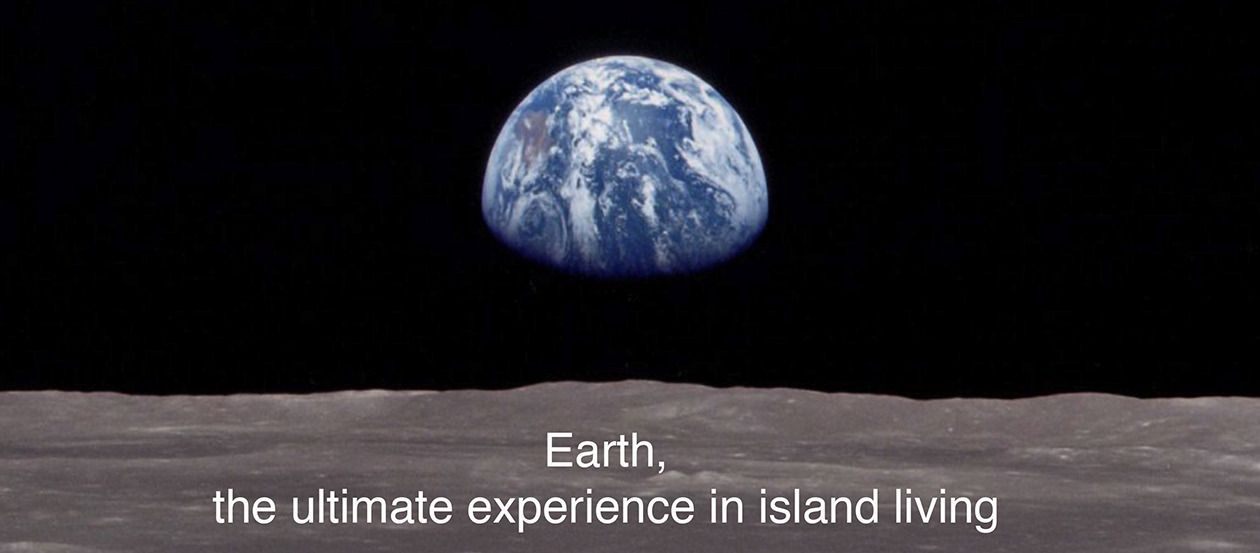Why Ethics – because ethics is about what we do. Not what we think or how we feel, but what we do. And the environment responds to what we do. Earth is very Newtonian in that regard for there is a response to every action we take and to every form of energy or force to which the planet is subjected.
Why a Planetary frame of reference – because global is too small and selective a scale. Global is a human construct that allows us to focus on areas of interest while disregarding those topics and issues that are difficult to resolve or inconvenient in their timing relative to the preferred priorities of the moment. But mainly we need to recognize that we do not live on a globe, but on a planet – and operating at a planetary level means all topics have equity.
For example, there is a great deal of interest in discussing the global economy and global trade, but natural capital and the status of workers are local or national concerns – not global. But how does one have goods to trade without workers or have the assets to support the economy without the natural resources that make assets possible?
Our actions are the manifestations of our beliefs, which brings us to COP 21, the Climate conference taking place in Paris. Climate Change is a planetary issue as it impacts everyone and everything everywhere. Thinking of it as a global issue limits our scope of understanding its full ramifications over multiple generations, millions of species and billions of lives. Believing that the solution can be generated by countries signing an international agreement to act independently and voluntarily underscores our lack of comprehension about the seriousness, scale and timeline of the ramifications of climate change, sea level rise, and extreme weather events. Limiting our discussions to greenhouse gas emissions by ignoring the dramatic increase in volume of resident greenhouse gases in the atmosphere – the location of the gases that are actually triggering climate change indicates that we are still looking for, hoping for, solutions that are not overly taxing on our way of life.
Climate change and global warming will not simply fade away. On a daily bases humanity acts and behaves in a manner to insure their ongoing presence and increasing significance in our lives and to all life on the planet.
Through the cumulative, collective and continuous actions that we have taken is the current planetary situation the one we had sought to achieve? The existence of COP 21 says the answer to that question is no. On the positive side, COP 21 indicates that many are interested in being less bad when it comes to humanity’s impact on the environment we need to sustain us. But being less bad does not provide a solution – it is at best a stopgap measure and delaying tactic to an unfavorable and unpleasant outcome. If, however, we developed an ethical perspective relative to the Earth so that we behaved as if our lives depended on the planet, we would most certainly avoid the worst impacts of global warming and reverse the trend of negative climate change.
